Search
Remove Ads
Advertisement
Summary 
Loading AI-generated summary based on World History Encyclopedia articles ...
Search Results

Article
Italian Colonialism in Eritrea
Eritrea, located on the Red Sea coast of the Horn of Africa, was the ‘firstborn’ colony of Italy. The potential of a trade centre and naval base at Assab first attracted Italian interests in 1869. The Kingdom of Italy, however, did not officially...
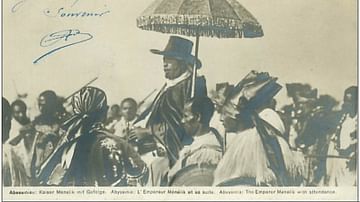
Image
Emperor Menelik II of Ethiopia
Menelik II, emperor of Ethiopia (r. 1889-1913) and his attendants, German postcard, approximately 1905.

Image
Dungur Palace, Aksum, Ethiopia - Reconstruction
Dungur Palace is in the Ethiopian village of Aksum—once the bustling capital of an African empire that stretched from southern Egypt to Yemen. The 6th-century mansion contains approximately 50 rooms, including a bathing area, kitchen, and...

Definition
Queen of Sheba
The Queen of Sheba is the monarch mentioned in the Bible and then in later works who travels to Jerusalem to experience the wisdom of King Solomon (c. 965-931 BCE) of Israel first-hand. The queen is first mentioned in I Kings 10:1-13 and...
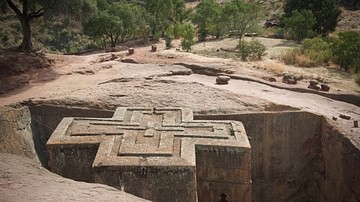
Definition
Kingdom of Abyssinia
The Kingdom of Abyssinia was founded in the 13th century CE and, transforming itself into the Ethiopian Empire via a series of military conquests, lasted until the 20th century CE. It was established by the kings of the Solomonid dynasty...

Article
Solomonic Descent in Ethiopian History
The Solomonic Dynasty ruled Ethiopia from the 1270s to the 1970s, and the 14th-century work, the Kebra Nagast (The Glory of the Kings) famously tells of how the dynasty of Ethiopian kings descended from King Solomon himself. The descent from...
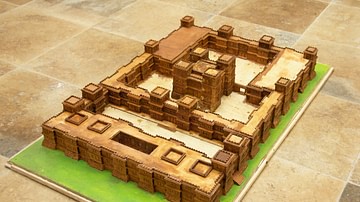
Definition
Kingdom of Axum
The African kingdom of Axum (also Aksum) was located on the northern edge of the highland zone of the Red Sea coast, just above the horn of Africa. It was founded in the 1st century CE, flourished from the 3rd to 6th century CE, and then...

Article
Diodorus Siculus' Account of the Life of Semiramis
Semiramis is the semi-divine Warrior-Queen of Assyria, whose reign is most clearly documented by the Greek historian Diodorus Siculus (l. 90-30 BCE) in his great work Bibliotheca Historica ("Historical Library") written over thirty years...
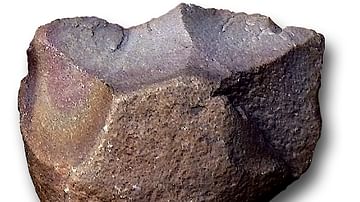
Definition
Oldowan Tools
The appearance of simple stone tools, widely known as Oldowan tools or the Oldowan industry, marked the beginning of our technological revolution. To our knowledge, these artifacts appeared around 2.6 million years ago in the savannahs of...
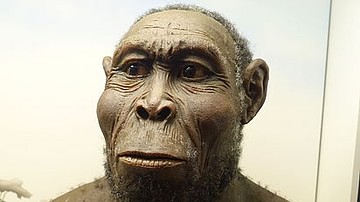
Definition
Homo Rudolfensis
Homo rudolfensis is an early human species that lived in East Africa between c. 2.5 and 1.8 million years ago. It is known from a handful of skull, jaw and teeth fragments that remind alternatingly of Homo or of Australopithecus and that...